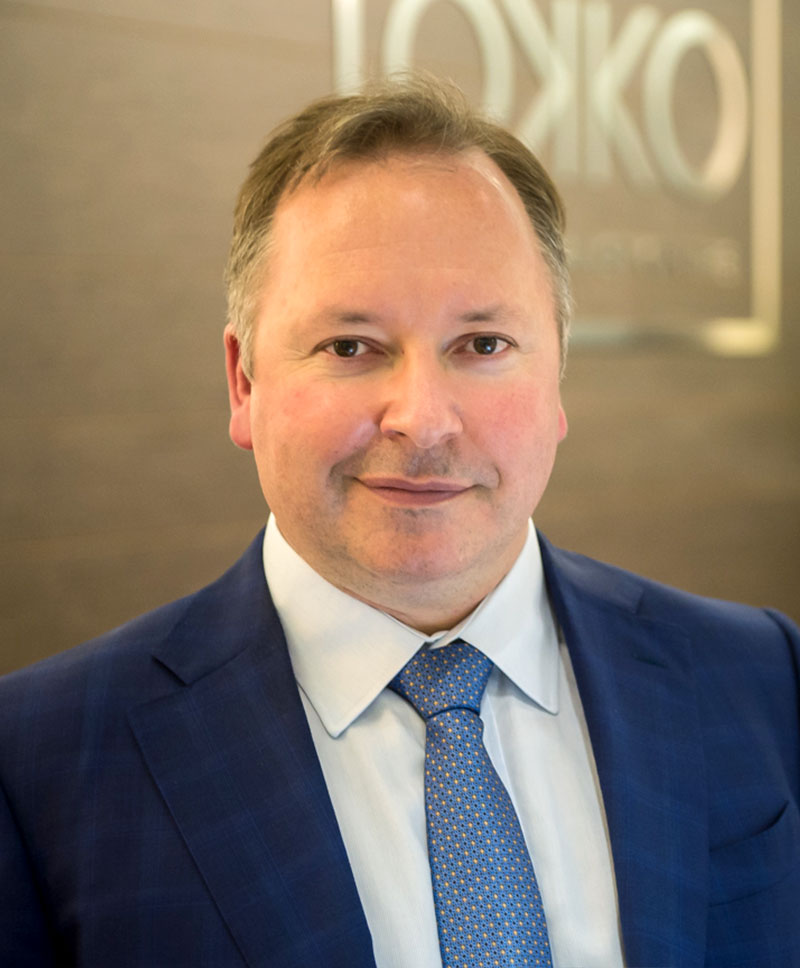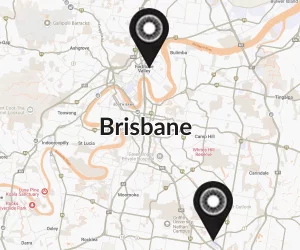
Are There Different Types of Cataracts?
Cataracts are cloudy areas that form in the eye lens that result in symptoms such as blurred vision and difficulty seeing in low light. In 2017018, 411,000 Australians had cataracts.
The leading causes of cataracts include:
- Ageing
- Overproduction of oxidants
- Ultraviolet radiation
- Smoking
- Steroid use
- Diseases like diabetes
- Radiation therapy
- Trauma
The common symptoms of cataracts include seeing colour as faded, increased sensitivity to glare, double vision, and halos surrounding lights.
In this blog post, we will provide an overview of the different types of cataracts.
Different Types of Cataracts
Cataracts are classified based on their specific location and how they come to develop in the eye. Here are the different types.
Nuclear Cataracts
A nuclear cataract forms in the centre of the lens. They result in the nucleus of the eye becoming brown or yellow. This type is the most common form of cataract.
Cortical Cataracts
These wedge-shaped cataracts develop around the edges of the nucleus. People with diabetes are at a higher risk of developing cortical cataracts. Along with blurred vision, it can cause changes in contrast and depth perception.
Posterior Subcapsular Cataracts
Posterior subscapular cataracts develop over months rather than years. People with extreme shortsightedness or diabetes are more likely to develop posterior subcapsular cataracts. Changes in night vision are often the first symptom of this type of cataract.
Other Types of Cataracts
Those are the three main types of cataracts, though others are worth mentioning. Congenital cataracts are present at birth or may also form during the first year of a child’s life.
Medication use or diseases can result in secondary cataracts. These diseases include diabetes and glaucoma. In addition, the steroid prednisone is also linked to cataracts forming.
Traumatic cataracts refer to those which form after an injury to the eye, while radiation cataracts can develop when an individual undergoes radiation treatment for cancer.
Treatment of Cataracts
Surgery is the recommended treatment of cataracts. There are different types of surgery, including phacoemulsification and extracapsular surgery. Laser surgery to remove a cataract has a high success rate, and most patients can return home on the same day.
Are You Seeking Cataract Care?
Cataracts can have a significant impact on your daily life. They can prevent you from doing the things you love, like reading, driving, or watching sports. Thankfully, surgical options for the removal of cataracts is safe and effective.
Here at VSON, we can remove different types of cataracts. So book your free test today and speak to our team about your options. Our goal is to help people live richer and fuller lives, free from cataracts, glasses, and contact lenses.
Found this post useful? Please share!
ARE YOU SUITABLE?
Check your laser eye surgery suitability online with our free LASIK self-test
OUR MOST POPULAR PROCEDURES
DISCOVER IF YOU CAN BE FREE FROM CATARACTS AND GLASSES
The best way to find out if laser cataract surgery and lens replacement is right for you is to have an in person assessment. There are 3 types of cataract surgery, so firstly, you’ll be assessed. Then our experts will give you a clear answer on which type of cataract surgery is best for your lifestyle.

Hi, I’m Dr. Matthew Russell, a laser and cataract surgeon
HI I’M DR. MATTHEW RUSSELL A LASER EYE AND CATARACT SURGEON
With over 15 years of experience, I enjoy the privilege of helping patients of all ages reclaim clear vision or preserve it for as long as possible.
Vision correction and high-precision cataract surgery hinge on the expertise and skill set of the provider who also has access to the most precise tools for the job. Ophthalmic surgeons like me know how to make treatment safe, comfortable and positive for the patient. They know how to minimise the risk of complications and maximise successful outcomes.
I have a passion for helping my patients enjoy the clear, high-definition vision they need to live rich and active lives. Now, I have hand-picked a team of professionals that share my passion and commitment to exceptional care.
Dr. Matthew Russell
MBChB, FRANZCO





